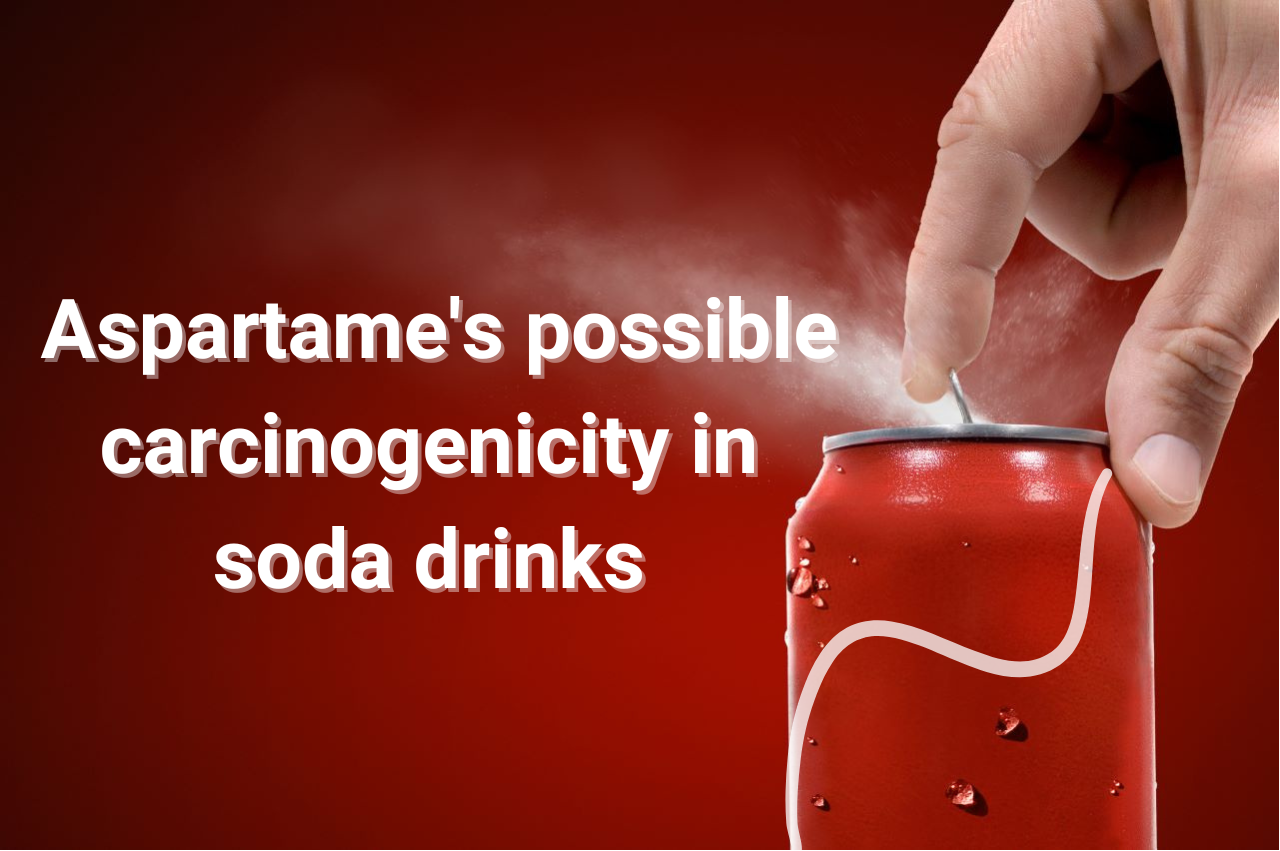
Recently, concerns and studies about the safety of aspartame, an artificial sweetener incorporated in well-known soda drinks like Diet Coke, have cropped up and suggest a possible link between the consumption of aspartame and the increased risk of cancer. This has caused controversy over popular low-sugar beverages.

A research published in PLOS Medicine examined data from various studies raising questions and investigating the long-term safety concerns of aspartame. The study suggests that there is evidence that links intake of aspartame with an increased risk of certain types of cancers i.e., breast and obesity cancers.
Moreover, the World Health Organization (WHO) have allegedly considered classifying aspartame as a potential carcinogen and if this were to be officially confirmed, it would fuel further debate and research on the subject matter. More controversy could impact the regulations surrounding aspartame in the near future.
It is important to note that the PLOS Medicine research study has received criticism by a number of experts in the field. Many argue that because the study uses observational data, from which uncertain variable factors and biases can strongly influence the final conclusion of the paper. Not to mention, the connection between aspartame and cancer has very limited research carried out which is why a final conclusion can’t be drawn.
The European Food Safety Authority (EFSA) and the UK Food Standards Agency (FSA), have expressed the current and emerging scientific evidence does not fully support the assertion that aspartame should be classified as a carcinogen. These authorities utilise comprehensive risk assessments along with a variety of research studies and evidence to guarantee public safety.
Similarly, the beverage industry has assured the public of the extensive regulatory supervision and rigorous safety evaluations that aspartame has undergone every step of the way. Moreover, they affirm how aspartame is safe for consumption within approved limits and rather serves people as a reliable sugar substitute when looking to lessen their calorie intake on a daily basis.
With aspartame’s potential carcinogenic effects making news, it has triggered public awareness and concerns over the consumption of artificial sweeteners. Consumers, specifically in Europe and the UK, they are choosing to be more conscious when browsing through the list of ingredients in their food and drinks, thereby avoiding consuming soda drinks containing aspartame and opting for alternatives.
The debate around aspartame’s safety emphasises the necessity of consistently conducting scientific research in this area for more secure guidelines and understanding. Considering WHO has classified aspartame as a potential carcinogen, more in-depth research studies may be carried out to completely determine if the artificial sweetener and cancer have a causal link.
As the investigation moves forward, it is paramount for the public to continue to stay up-to-date with its information, evaluate the emerging evidence and make decisions accordingly. Moreover, it is crucial for all regulatory agencies and industry leaders to priortise consumer safety, be transparent, and conduct continual research to ensure all food item options are safe for human consumption.
Many chemicals are not safe to be inhaled, consumed, or applied to skin. To avoid accidental consumption, mishandling and misidentification, chemicals should be accurately labelled, tracked, and stored. For assistance with this, and chemical and hazardous material handling, SDS, labels, Risk Assessment, and heat mapping, contact us today!
Sources: